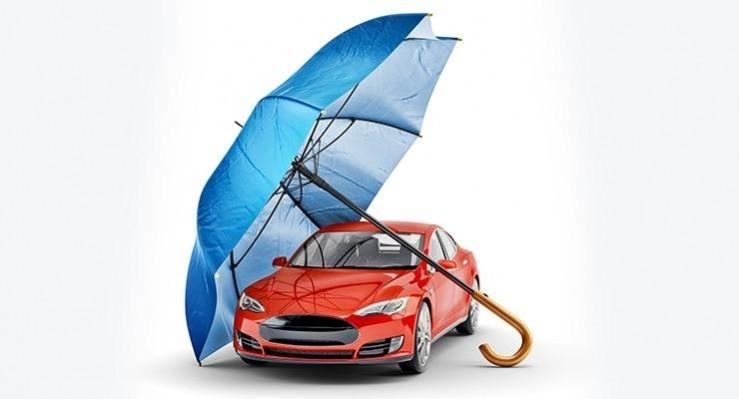The Indian general insurance industry is divided on the aspect of long term versus one year motor third party risk cover and its pricing mode.

Vehicle insurance policies are two parts -- own damage (insurance for the vehicle against damage, theft) and third party liability (liability for third parties).
The third party insurance cover is mandatory whereas the insurance cover for vehicle damage is not mandatory. The premium is fixed by Insurance Regulatory and Development Authority of India (IRDAI).
Nearly 40 per cent of the general insurance business is from the motor insurance vertical and a major portion of that from third party risk cover. Contrary to the claims made by the general insurers that they are incurring huge losses under the motor portfolio, the numbers as per the Insurance Information Bureau of India (IIB) study shows the contrary.
In its annual report on motor insurance for the fiscal 2018-19, the IIB said a sum of Rs.35,519 crore of motor claims - towards vehicle damage (Rs.18,262 crore) and third party liability (Rs.14,257 crore) were settled during 2018-19- while the gross underwritten premium was Rs.64,522.35 crore.
According to the report, the average settlement amount for death claims during fiscal 2018-19 was Rs. 901,207 and for injury claims it was Rs. 251,094. The industry players also claim that a large number of vehicles run on the roads without third party insurance.
However, they do not have any answer when asked how that impacts them as they pay claims only on those policies issued by them and it is for the police to penalise the violators.
A policyholder decides on the mode of claim for vehicle damage - whether under own damage part or getting into an arbitration for a third party claim under a third party property damage clause- separating the two may put him into difficulty.
Long term policies preferred
Under long term policies, a customer is encouraged to stick to one company despite the service quality they get from the current insurer as changing the insurer has an inherent inertia mid-way.
Here, the insurers say accounting the spare portion and labour cost for a longer term, given the inflation, is tricky and not ideal for the general insurance industry.
"If one makes non-life insurance a long-term contract, the capital needs, provisioning norms and others would kick in. How it would impact an insurer in the future as motor third party claims are long-tailed ones is not known now," and industry official told IANS preferring anonymity.
Locking in a policyholder for five long years with one insurer also makes the playing field anti-competitive and anti-policyholder.
"The vehicle dealers will have an upper hand. They will demand higher compensation from the insurers. Already dealers are selling only policies of those insurers from whom they get higher commissions and other perks," an industry official told IANS.
(With inputs from IANS)

















